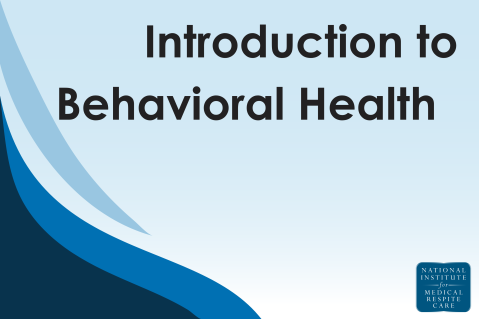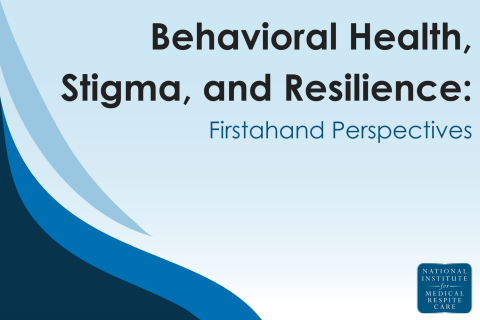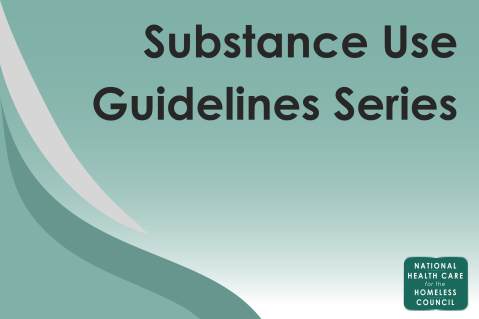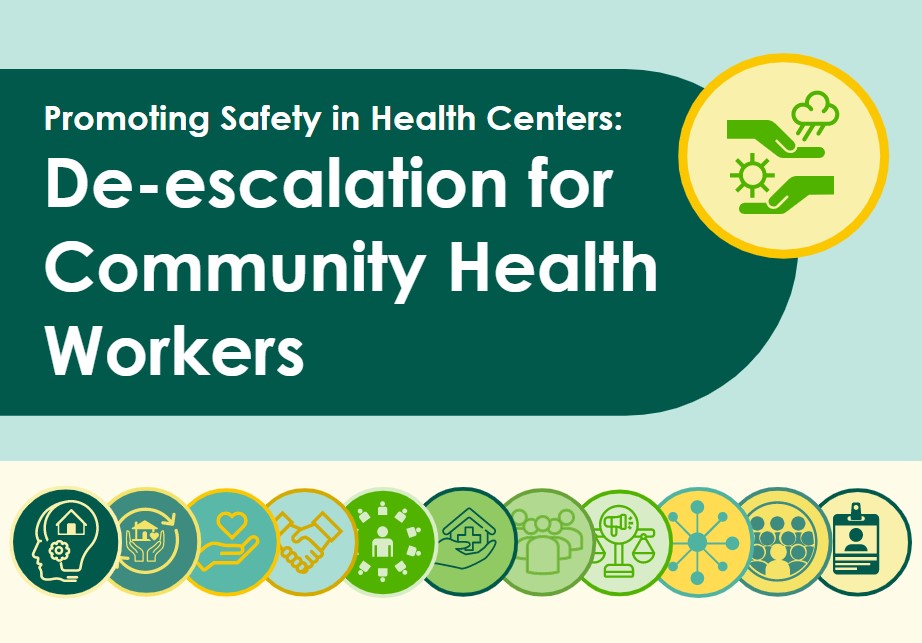MRC – Medical Respite Playbook: A Practical Guide for Managed Care Plans
The goal of the Medical Respite Playbook online course – is to provide Managed Care Plans (MCPs) with information about the philosophy and practice of medical respite care, and offer suggestions on how MCPs can most effectively partner with medical respite care programs. Take Online Course Now
MRC – Medical Respite Playbook: A Practical Guide for Managed Care Plans Read More >>








